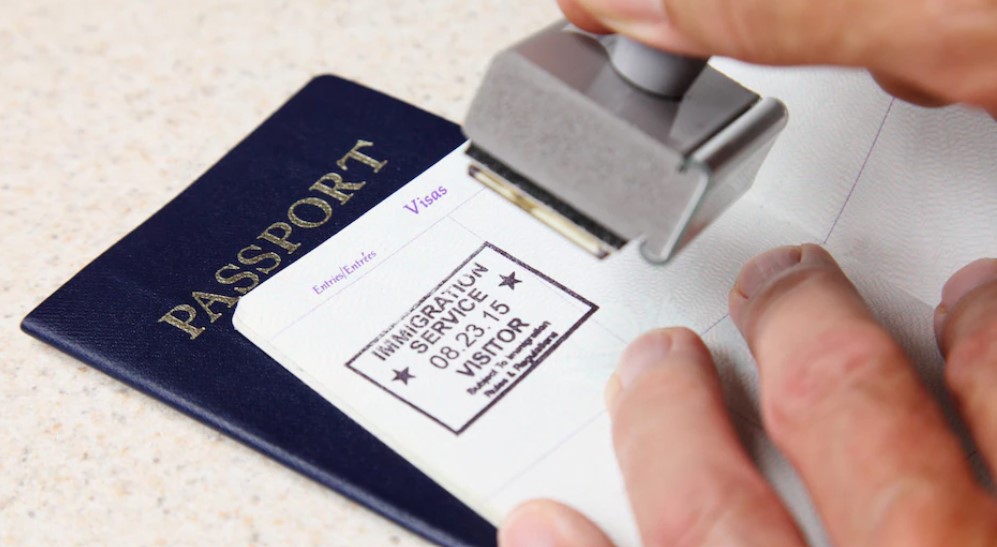The British High Commissioner to Barbados and the Eastern Caribbean, Scott Furssedonn-Wood, has announced the upcoming implementation of the United Kingdom’s new Electronic Travel Authorisation (ETA) system for international visitors.
Speaking at a news conference in Castries, Furssedonn-Wood highlighted the key features of the new system which will be effective January 8, 2025 where all visitors traveling to the UK will need to obtain an ETA.
“This is not specific to Saint Lucia. It’s not specific to the Caribbean. This is a global program, and it means that from the eighth of January next year, visitors to the UK will need to have applied in advance for an electronic Travel Authorisation,” Furssedonn-Wood noted.
The ETA, which will be digitally linked to travelers’ passports, will allow multiple entries into the UK for up to two years, with stays of up to six months per visit. The service will cost £10, (EC$35). Applications can be submitted starting November 27th 2024.
The new system aims to streamline travel while ensuring security and compliance. “It’s a system that’s used by many countries, and most travelers will be familiar with it already, but we recognise that it’s a change, particularly for people who are used to traveling to the UK on a regular basis,”the British High Commissioner stated, while noting that the process is user-friendly.
In addition to travel-related updates, Furssedonn-Wood expressed the UK’s commitment to addressing climate change and enhancing resilience in the Eastern Caribbean.
He mentioned the critical role of technology in combating climate change, noting, “If we’re all going to tackle the effects of climate change, we’ve got to find new ways of doing that. And technology provides some really interesting opportunities.”
The High Commissioner elaborated on how emerging technologies can mitigate emissions and bolster adaptation efforts. “There are all sorts of exciting technologies out there, and it’s really important that those opportunities can not only be developed but shared, so that they’re reaching the people who need them most,” he said.
Recognising the global scope of the climate crisis, he stated that it is not a challenge that affects any one country individually, but one that “we all share.”
In a significant move during COP29 in Azerbaijan, the UK reaffirmed its dedication to climate action by making several new funding commitments.
Furssedonn-Wood highlighted that as part of the £11.6 billion pledged in international climate finance, a new focus has been placed on “the development of the sorts of innovative technologies and other projects which can help with things like decarbonisation, with clean hydrogen, and all of the technologies that we’ll need to embrace if we’re going to combat the challenge of climate change.”
Photo credit: Getty Images


